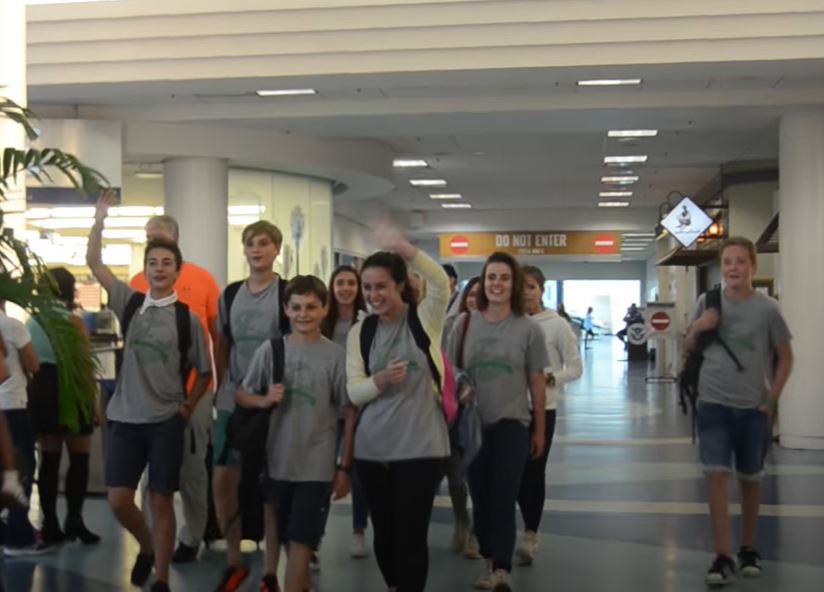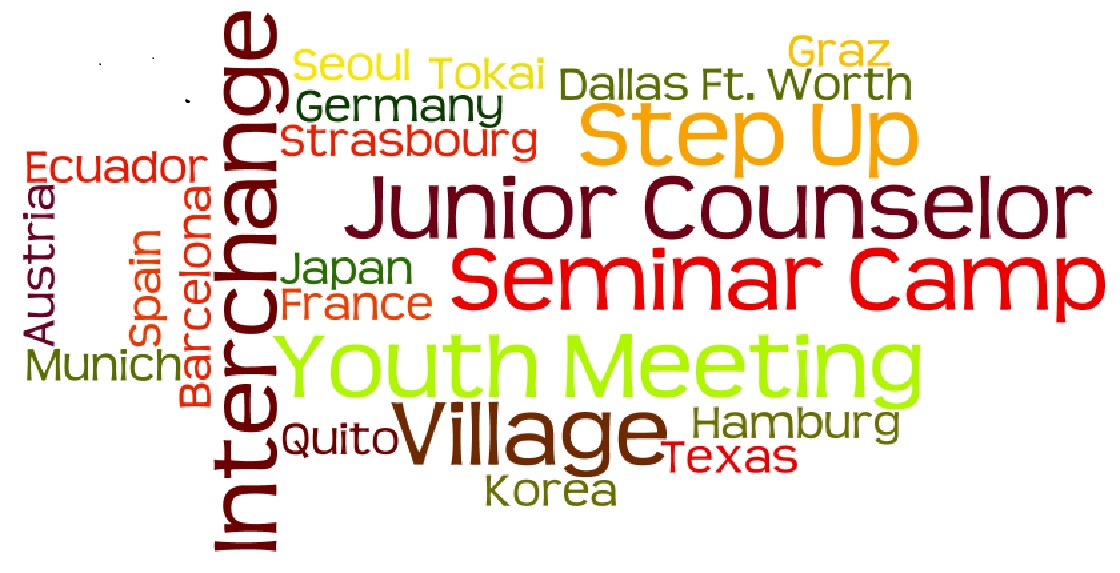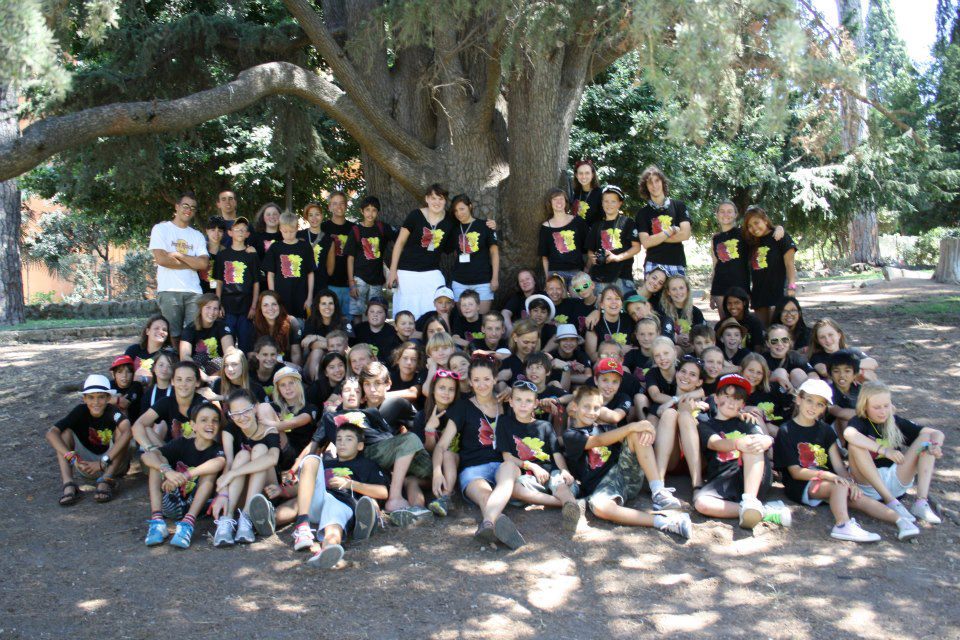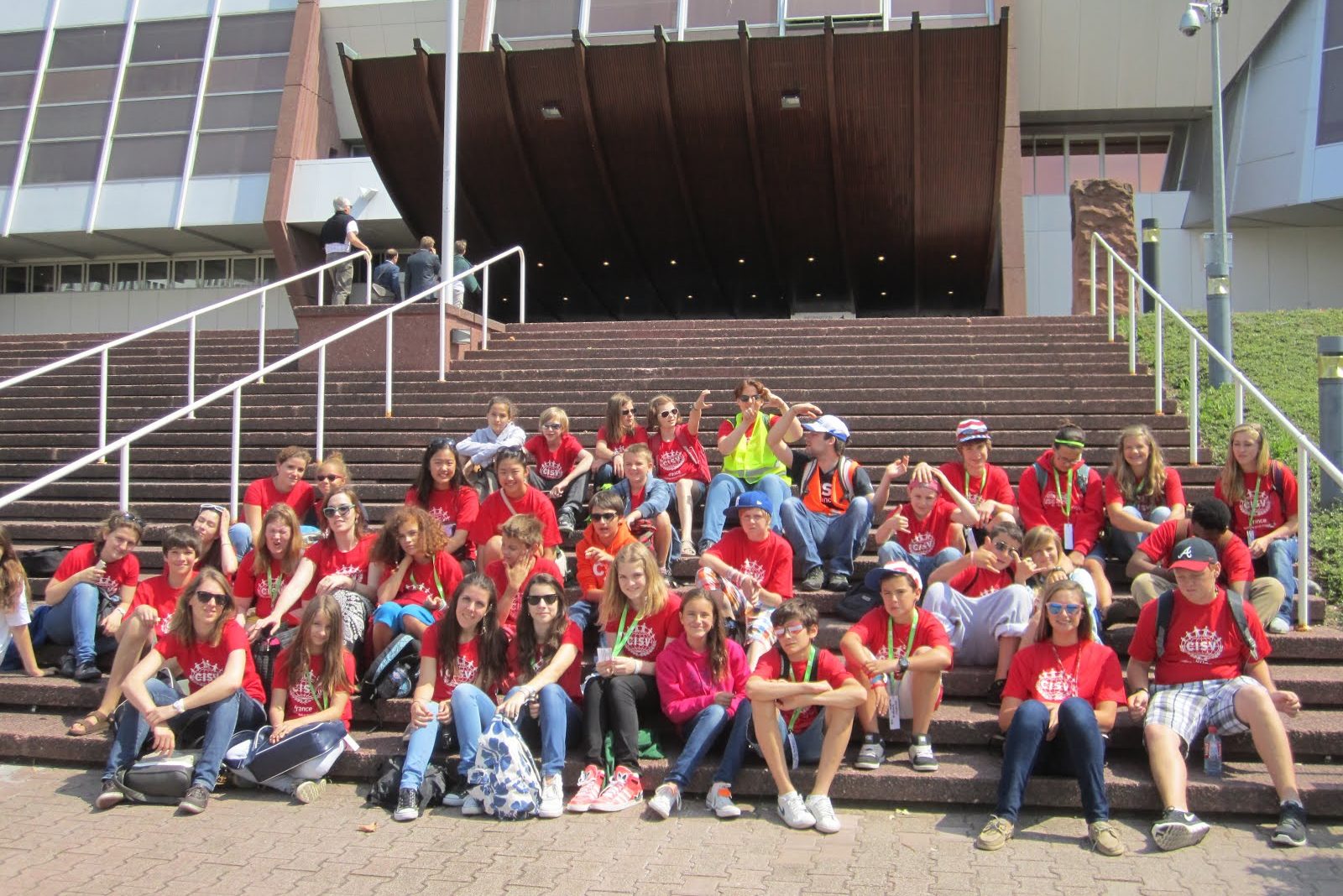Two-way family exchange programme for 12–15 year olds; each exchange lasts between 14 to 28 days
The first Interchange was held in 1961.
While based on the same educational principles as CISV’s camp-based programmes, Interchange encourages a deeper encounter between two cultures by placing young people within families. Group activities during the exchange, such as a mini-camp, are a vital complement to the in-depth family experience.
Interchange takes place in two ‘phases’ – your child joins a delegation that visits another country and is hosted there by a CISV family. Then in return you and your family host a child from the delegation from the country your child visited. Interchange exchanges give your whole family the chance to experience another culture and make new friends and to be part of your local CISV community.
An experience for your whole family
An Interchange involves not just your child but the whole family. As part of your child’s Interchange, you will host a child from another country in your home and get involved with local CISV social and educational activities. CISV offers your family a taste of the CISV experience along with dedicated support and advice.
Find out more about your child and CISV and what sending your child to a CISV programme will mean for you and your family.
weeks
years age range (12-13, 13-14 or 14-15)
nations
or more weeks at a host family
 Apply now!
Apply now!









